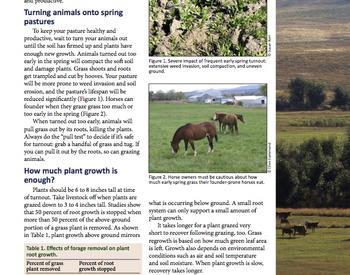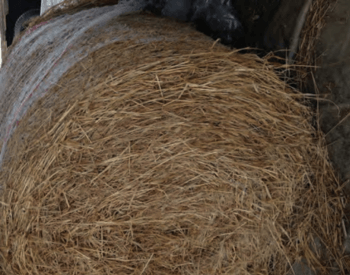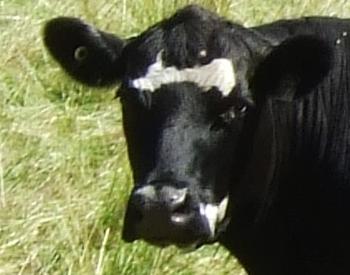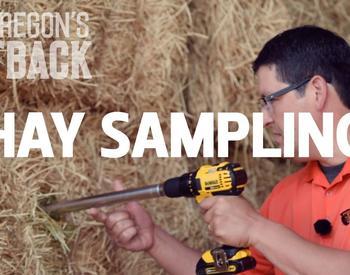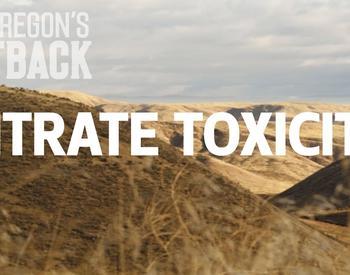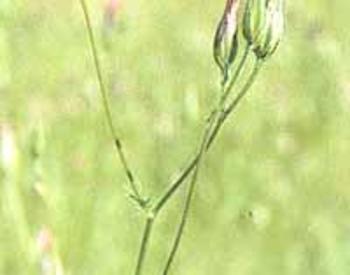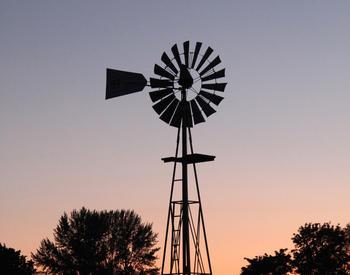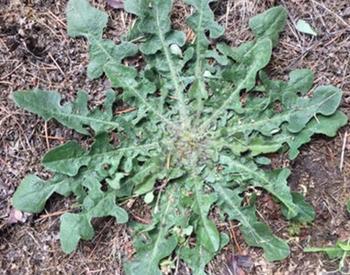Transcript
Welcome to living on the land. Your source of useful information for Eastern Oregon Country living. Brought to you by your Oregon State University Extension Service. Having heavy cattle is desirable. More weight means more meat. But that isn't true for your horses. You want to. Be sure your horses aren't too heavy. Or too light? Many horses kept on pasture are overweight because they graze constantly all day long. But horses can get all the nutrition and exercise they need from a pasture in just two to four hours of grazing. The rest of their time can be spent in a sacrifice area or pen. Healthy animals also need a healthy environment, including shade in the summer and shelter in the winter to prevent stress. An unwanted weight loss. Provide shelter by planting trees as wind breaks perpendicular to the prevailing winds. Or build a structure that's open faced in the summer. Finally, just like us, our animals need cool, clean water. Water is critical for their digestive systems and gives them the ability to keep cool. When possible, provide controlled sources of water like troughs, nose pumps or automatic water units. Letting your animals have unrestricted access to streams can damage stream banks and stream side vegetation and have negative impacts on water quality. When you have no other choice, consider hardening your animal's entry point to the stream with approved materials to protect these sensitive riparian areas. The important thing is to provide your animals with access to water several times a day, no matter how you deliver it, you've been listening to living on the land. For more details on pasture and livestock management, contact your local Oregon State University extension agent soil and Water Conservation District, or Oregon Department of Agriculture.
This podcast episode is part of the Living on the Land series. It provides concise information on the basics of pasture and livestock management, including use of sound conservation practices. Particularly for the region east of the Cascades.
This is from the Living on the Land series. Download the related PDF - Living on the Land: Pasture and Livestock Essentials
The phrase “Living on The Land” is used with permission from Living on The Land Stewardship for Small Acreage, © 2008, UNCE/WSARE.
